
This role has a moderate level of AI exposure. AI can enhance efficiency for some tasks, but this job still relies on human skills and decision-making.
Explore all careersAn Office Assistant provides administrative support by managing correspondence, filing, photocopying, and handling office inquiries.
Get qualified to work as an Office Assistant with a course recognised across Australia. Speak to a training provider to learn more.




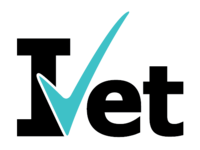





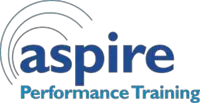






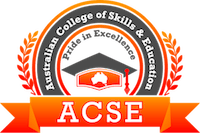






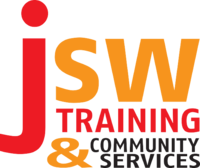




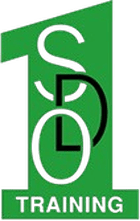











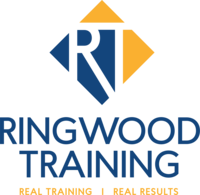





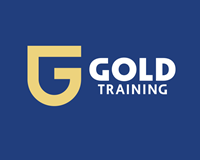


In Australia, a full time Office Assistant generally earns $1,200 per week ($62,400 annual salary) before tax. This is a median figure for full-time employees and should be considered a guide only. As you gain more experience can you expect a higher salary than people who are new to the industry.
 Courses.com.au Team
Courses.com.au Team
There are currently 282,400 Office Assistants employed in Australia right now and this job role grew very strongly over the last 5 years. Office Assistants work in all industries and employment sectors, often employed by big business and government organisations.
Source: Australian Government Labour Market Insights
 Courses.com.au Team
Courses.com.au Team
You can get started as an Office Assistant with the Certificate III in Business Administration (keyboarding and basic admin skills) or the Certificate IV in Business (presentation and writing skills). These courses take 6-12 months to complete. Vendor qualifications in various Microsoft and Adobe Applications (Word, Excel, Powerpoint, Photoshop, Illustrator) may also be helpful.
 Courses.com.au Team
Courses.com.au Team
Browse occupations related to Office Assistant



If you're looking to kickstart your career as an office assistant, Melbourne offers a fantastic selection of Office Assistant courses designed to equip you with the essential skills needed in today’s competitive job market. With a total of 13 courses available in the heart of Melbourne, both beginners and experienced learners can find the perfect programme to suit their needs. For instance, the Certificate III in Business BSB30120 and the Certificate II in Business BSB20115 are popular choices for those with no prior experience, focusing on foundational business skills that are vital in any office environment.
Melbourne is bustling with opportunities, and several of the office assistant courses cater to different interests and career pathways. If you are particularly interested in the real estate sector, the Certificate III in Real Estate Practice CPP31519 could be an excellent option. Additionally, those keen on improving their digital competency can consider the Certificate II in Applied Digital Technologies ICT20120. No matter where your interests lie, Melbourne’s training providers, recognised by industry bodies, ensure you receive top-notch education.
For experienced individuals looking to advance their career, consider enrolling in the Certificate IV in Business (Administration) BSB40120. This advanced course is tailored for those who already possess foundational skills and wish to deepen their knowledge in business administration. By participating in the array of Office Assistant courses in Melbourne, you not only enhance your employability but also gain the insight needed to thrive in the modern office landscape. Explore the full list of courses and start your journey today at Courses.com.au.